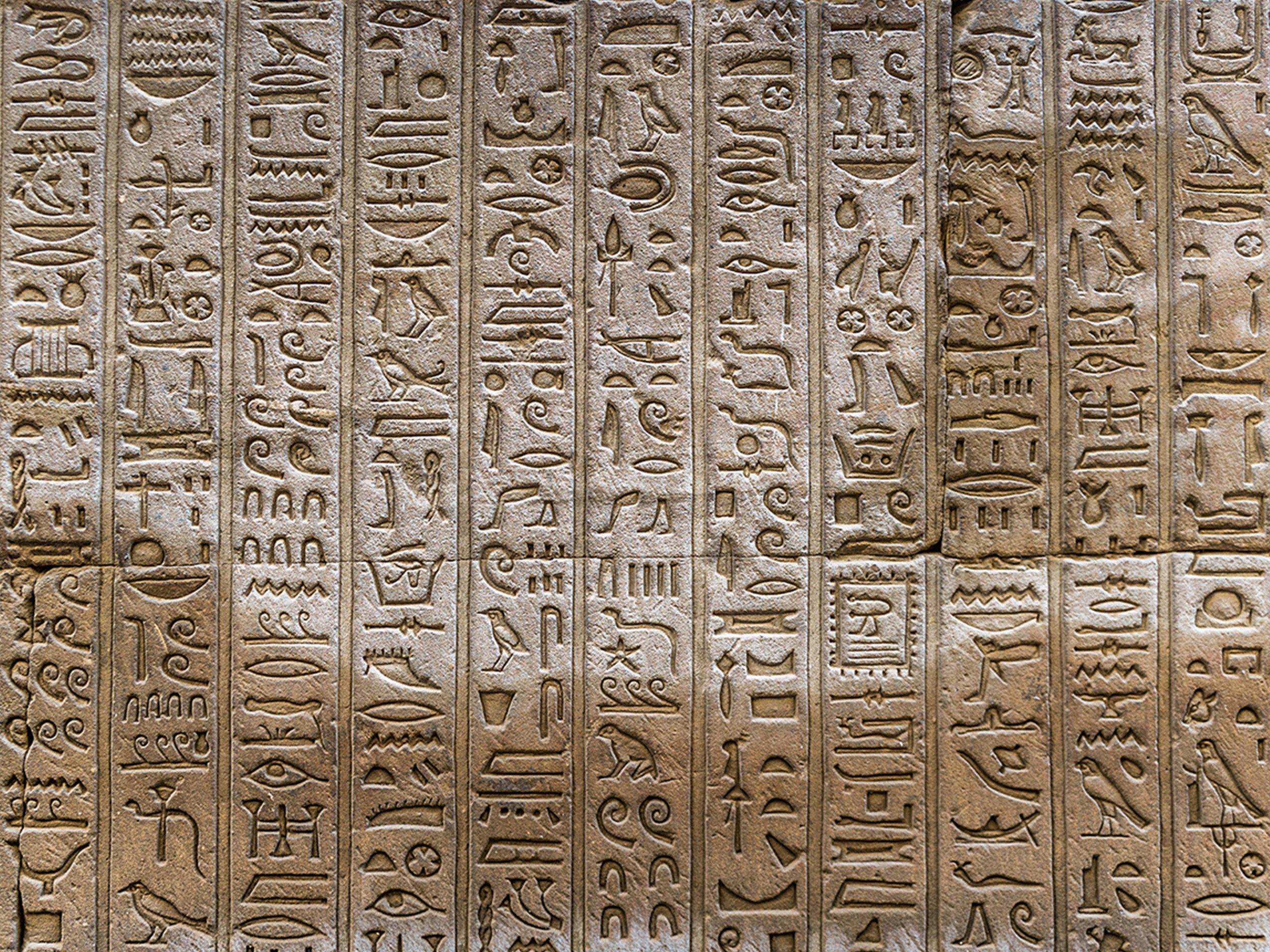In this article, we explore the colorful world of expressions that convey shock and surprise, ranging from “Holy Cow” to “Zoinks” and beyond.
Interjection Meaning and Use
Interjections like “Holy cow” and “Oh my God” are expressions of surprise or shock. They are often used to convey strong emotions in a more light-hearted or less offensive way. These phrases can be considered minced oaths, replacing more profane language with more socially acceptable alternatives.
In Hinduism, cows are considered sacred animals, which may explain the use of “Holy cow” as a way to express awe or surprise. “Oh my God” is a common expression used in Christianity to express shock or grief. Both phrases have become ingrained in everyday language as colorful ways to convey emotion.
Non-Emotive Variations

Non-emotive variations of the exclamation “Oh my God” include phrases like “Holy cow,” “Zoinks,” and “Yikes.” These expressions serve as euphemistic alternatives to using profanity or blasphemy in moments of surprise, shock, or awe. While “Oh my God” is a common interjection that may be offensive to some due to its religious connotations, these non-emotive variations provide a more respectful and light-hearted way to convey similar emotions. By using these idiomatic phrases, individuals can still express their feelings without invoking religious figures or grief.
Synonymous Expressions
Some people may use the expression “Holy Cow” as a way to express surprise or astonishment. This phrase is a **synonymous expression** for “Oh My God” or “Zoinks.” When something unexpected happens, you might also hear someone exclaim “Yikes!” These phrases are often used as a **minced oath** in place of more offensive language.
In different cultures, **cattle** hold significant symbolism, such as in Hinduism where they are considered sacred. Using these expressions could be seen as a form of **euphemism** to show respect and avoid **blasphemy**. Whether you say “Holy Cow” or “Oh My God,” these **idioms** are commonly used in everyday language to express emotions like surprise or shock.
Related Terms and Usage
Related terms and usage of expressions like “Holy Cow” and “Oh My God” can vary depending on the context and cultural background. These phrases are often used as **exclamations** to convey surprise, shock, or disbelief. In some cases, they may be considered **minced oaths** or **euphemisms** for stronger language. It’s important to be mindful of the impact these expressions may have, especially in settings where **profanity** or **religious beliefs** are sensitive subjects. Other similar expressions like “Zoinks” and “Yikes” serve a similar purpose in everyday conversation, providing colorful ways to express emotions without resorting to harsh language.
Keep in mind the **respect** and **tone** behind these words when using them in different situations.
Punctuation Power and Placement
Understanding **punctuation power and placement** is essential for effective communication. Proper use of commas, periods, and other punctuation marks can help convey your message clearly and avoid misunderstandings.
Creative Informal Speech
Express yourself with colorful and creative informal speech using synonyms like “Holy cow” or “Oh my God.” These expressions add flavor to your conversations and convey surprise or shock in a lighthearted way. Other fun alternatives include “Zoinks” and “Yikes,” perfect for adding a touch of humor to your dialogue.
Single Word Interjections

| Interjection | Synonym |
|---|---|
| Holy Cow | Wow |
| Oh My God | Oh Gosh |
| Zoinks | Yikes |
Expressions in Global Languages
Expressions like “Holy cow,” “Oh my god,” “Zoinks,” and “Yikes” are commonly used in different cultures to express surprise or shock. These phrases are considered **minced oaths** as they are used as substitutes for stronger language related to **religion**. While some expressions may have religious origins, they have evolved into everyday **idioms** and are used regardless of one’s beliefs. The use of these phrases varies across different **cultures** and **languages**, but they all serve the same purpose of conveying strong emotions. Whether it’s “Holy cow” in English or “Zoinks” in American slang, these expressions are a fun way to add color to our language.
Origins and Historical Context

The origins of expressions like “Holy Cow,” “Oh My God,” “Zoinks,” and “Yikes” can be traced back to a variety of sources, including religion, slang, and culture. These phrases are often used as minced oaths or euphemisms to express surprise, shock, or dismay without using more explicit language. In Christianity, phrases like “Oh My God” and “Hell” are commonly used in exclamatory contexts. “Holy Cow” is believed to have originated from the reverence of cattle in religion and mythology.
“Zoinks” and “Yikes” are slang terms that have become popular in modern language. The historical context of these expressions adds depth and meaning to their usage in everyday conversation.
The Metaphor Behind the Words
The use of “Holy Cow,” “Oh My God,” “Zoinks,” and “Yikes” as expressions is a prime example of how language evolves through metaphor and cultural influence. These phrases serve as **minced oaths** or **euphemisms** for stronger language, allowing individuals to express surprise or alarm without using more explicit terms. The choice of words like “cow” or “God” can be linked to **cattle in religion and mythology**, adding layers of meaning to the expressions. By examining the metaphors behind these words, we gain insight into how language shapes our understanding of the world around us.
Recognizing Similar Expressions
Recognizing similar expressions can help you understand the nuances of language. “Holy cow,” “Oh my god,” “Zoinks,” and “Yikes” are all **synonyms** that convey surprise or shock. These phrases are considered **minced oaths** or **euphemisms** for stronger language. Learning to identify and use different expressions can make your communication more colorful and engaging. Whether you’re trying to convey astonishment or dismay, having a variety of **idioms** at your disposal can help you express yourself more effectively.
So next time you’re caught off guard, consider using one of these **expressions** to convey your emotions.
Emotive Language in Informal Settings
Emotive language plays a crucial role in informal settings, adding depth and emphasis to our expressions. **Holy cow**, **oh my god**, **zoinks**, and **yikes** are just a few examples of commonly used emotive language. These expressions can convey surprise, shock, or excitement in a casual and relatable manner.
By using these emotive phrases, we can connect with others on a more emotional level and express our reactions more vividly. Whether it’s a **holy cow** moment or a **yikes** situation, emotive language helps us communicate our feelings effectively in everyday conversations.
Contextual Use and Guidelines
When using expressions like “Holy Cow,” “Oh My God,” “Zoinks,” and “Yikes,” it is important to consider the context in which they are being used. These phrases are often used as minced oaths or euphemisms to express surprise or shock without using more explicit language. It is crucial to be mindful of the audience and setting in which these expressions are used, as some people may find them offensive or inappropriate.
When to Use Expressive Interjections
Expressive interjections like “Holy Cow,” “Oh My God,” “Zoinks,” and “Yikes” are best used in informal situations to convey surprise, excitement, or shock. These phrases can add emphasis to your speech and help to convey your emotions more effectively. They are commonly used in casual conversations, social media posts, or when telling a funny story.
Emotion-Conveying Alternatives

Looking for alternatives to express surprise or shock? Consider using **Holy Cow** or **Oh My God** to convey intense emotions. **Zoinks** and **Yikes** are also fun and expressive alternatives to use in various situations. These phrases can serve as minced oaths or euphemisms for stronger language.
Cultural References and Impact
Cultural references and impact of expressions like “Holy cow,” “Oh my God,” “Zoinks,” and “Yikes” can vary depending on the context in which they are used. These phrases often serve as **minced oaths** or euphemisms, allowing individuals to express surprise or shock without using explicit language. They have become ingrained in popular culture and are commonly used in everyday conversations. These expressions have also made their way into various forms of media, from television shows to movies. The use of these phrases adds humor and emotion to dialogues, making them memorable for audiences.
Through repeated use, they have become **idiomatic** expressions that are easily recognized and understood by many.
Pausing with Purpose in Conversation
When engaging in a conversation, it is essential to pause with purpose. This allows for a moment of reflection and can help prevent misunderstandings. Using appropriate synonyms or expressions such as “Holy Cow” or “Zoinks” can add emphasis to your point without resorting to offensive language. These minced oaths and euphemisms can serve as effective tools in communication.
Exclamatory Pitfalls to Avoid
When using exclamatory phrases such as “Holy Cow” or “Oh My God,” be cautious of potentially offensive language or religious implications. These expressions may be considered disrespectful or inappropriate in certain situations.
Instead, consider using alternatives like “Zoinks” or “Yikes” to express surprise or shock without causing offense. Remember that words have power and can impact those around you, so choose your exclamations wisely.
By avoiding these pitfalls and opting for more neutral expressions, you can effectively communicate your emotions without inadvertently causing harm or discomfort to others. Choose your words carefully, and consider the impact they may have on those around you.
Interjections as Language’s Emoticons
Interjections serve as language’s emoticons, conveying emotions such as surprise, excitement, or fear in a succinct manner. Common interjections like “Holy cow,” “Oh my God,” “Zoinks,” and “Yikes” are used to express a range of feelings without the need for lengthy explanations. Similar to emojis, these expressions add color and emotion to conversations, making them more engaging and relatable. They often serve as minced oaths or euphemisms, allowing individuals to express strong emotions without resorting to more explicit language. In a sense, interjections act as linguistic shortcuts, conveying complex emotions with just a single word or phrase.

